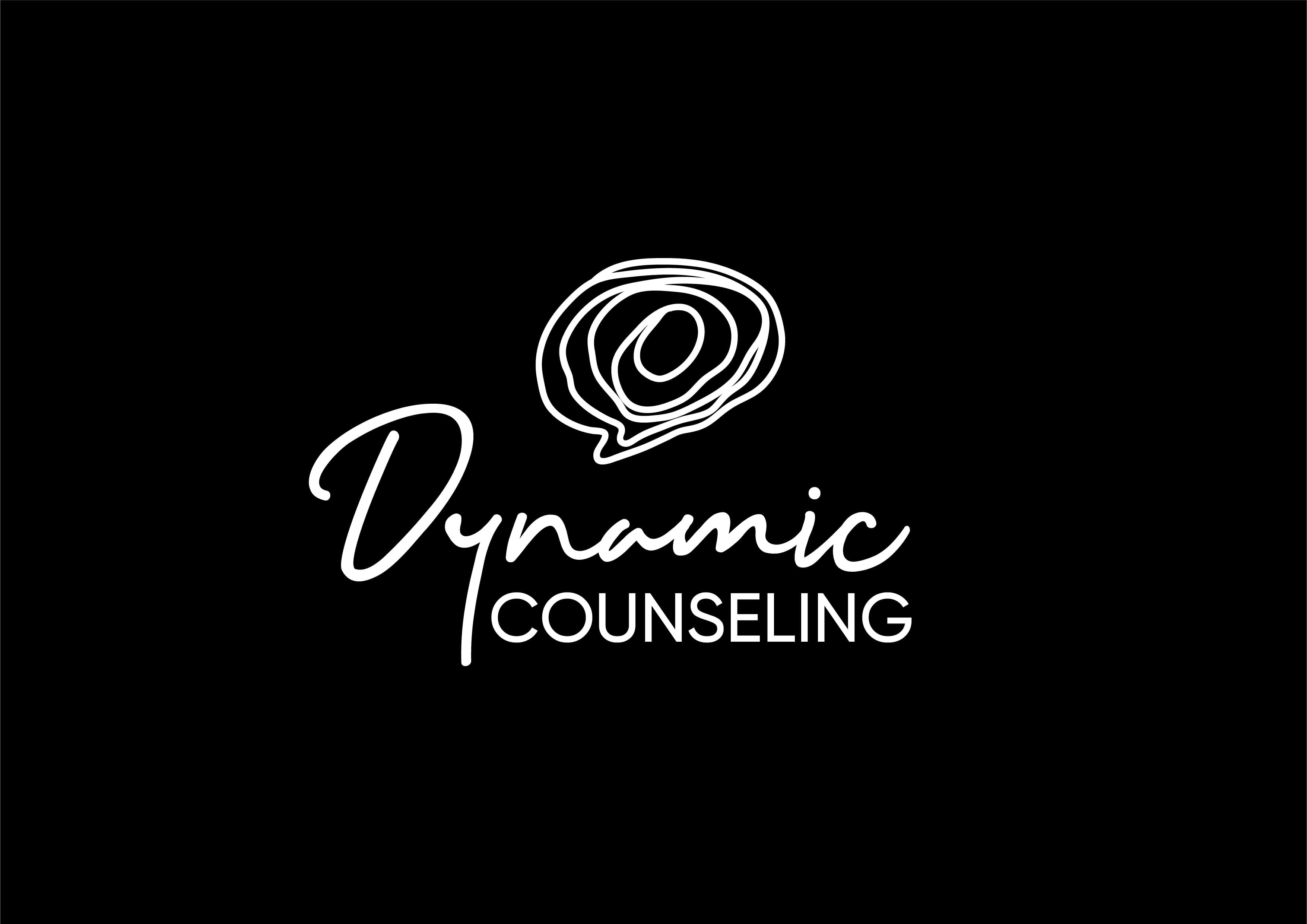Navigating Your First Step Towards Mental Well-being
Understanding the Initial Consultation
Embarking on the journey of counseling can be a significant step towards improving your mental health and overall well-being. At Dynamic Counseling LCSW, we understand that the first session can be both exciting and daunting. Our goal is to create a welcoming and safe environment where you can feel comfortable discussing your concerns.
During your initial consultation, you will meet with one of our licensed clinical social workers. This session is primarily about gathering information and getting to know you better. Expect to discuss your personal history, current issues, and what you hope to achieve through counseling. This is a collaborative process where both you and your counselor will work together to outline your goals and develop a treatment plan.
Your counselor will ask questions about various aspects of your life, including your physical health, family background, work or school situation, and any previous experiences with therapy or mental health treatment. This comprehensive approach helps your counselor gain a holistic understanding of your situation, which is crucial for providing effective support.
What to Bring and How to Prepare
To make the most of your first counseling session at Dynamic Counseling LCSW, it’s helpful to come prepared. Bring any relevant medical records, a list of current medications, and any previous psychological evaluations if available. These documents can provide valuable context for your counselor.
Additionally, consider reflecting on what brought you to seek counseling services. Jot down any specific issues, questions, or goals you have in mind. This preparation can help guide the conversation and ensure that you address the most pressing matters right from the start. Being proactive about what you want to discuss can make the session more productive and focused.
Finally, try to arrive a few minutes early to your appointment. This allows you to settle in, complete any necessary paperwork, and mentally prepare for the session. A calm and unhurried start can set a positive tone for your first meeting.
The Importance of Building a Rapport
Your counselor will also discuss confidentiality and the limits of privacy, ensuring you understand how your information will be handled. This transparency is vital in building a foundation of trust, which is essential for successful therapy. Knowing that your conversations are private and protected allows you to open up more freely, which is essential for meaningful progress.
Rapport-building goes beyond just feeling comfortable; it involves developing a sense of mutual respect and understanding. Your counselor will be attentive, empathetic, and non-judgmental, creating a space where you feel heard and valued. This relational foundation helps foster a collaborative therapeutic environment.
Building rapport is an ongoing process, and your counselor will continuously work to strengthen this connection throughout your therapy. Regular check-ins about how you feel about the counseling relationship and process can help address any concerns and ensure that you are getting the most out of your sessions.

Setting Realistic Goals and Expectations
In your initial session, setting realistic goals and expectations is a key focus. Your counselor will work with you to identify specific, achievable objectives for your therapy. These goals will be tailored to your unique situation and needs, ensuring that your counseling experience is personalized and relevant.
Understanding that progress can take time is important. Counseling is a process, and while some improvements may be noticeable early on, other changes may develop gradually. Your counselor will provide guidance and support throughout your journey, helping you stay motivated and focused on your goals.
Regularly reviewing and adjusting your goals is a vital part of the therapeutic process. As you make progress, your needs and priorities may shift, and your counselor will work with you to update your objectives accordingly. This flexibility ensures that your therapy remains aligned with your evolving situation and aspirations.
Exploring Different Counseling Services
Dynamic Counseling LCSW offers a range of counseling services to meet diverse needs. During your first session, your counselor will discuss the various therapeutic approaches available, such as cognitive-behavioral therapy (CBT), psychodynamic therapy, and more. This discussion will help determine the best fit for you based on your specific challenges and preferences.
CBT, for example, focuses on identifying and changing negative thought patterns and behaviors, making it effective for issues like anxiety and depression. Psychodynamic therapy, on the other hand, explores unconscious processes and past experiences to understand their impact on current behavior, which can be particularly useful for addressing deep-seated emotional issues.
The Road Ahead: Scheduling Future Sessions
Towards the end of your first session, your counselor will discuss the next steps and help you schedule future appointments. Consistency is key in counseling, so establishing a regular schedule that works for you is important. Whether you opt for weekly sessions or a different frequency, maintaining regular contact with your counselor will facilitate ongoing progress.
Your first counseling session is just the beginning of a transformative process. By understanding what to expect and preparing accordingly, you can approach this experience with confidence and optimism. Dynamic Counseling LCSW is here to support you every step of the way.





